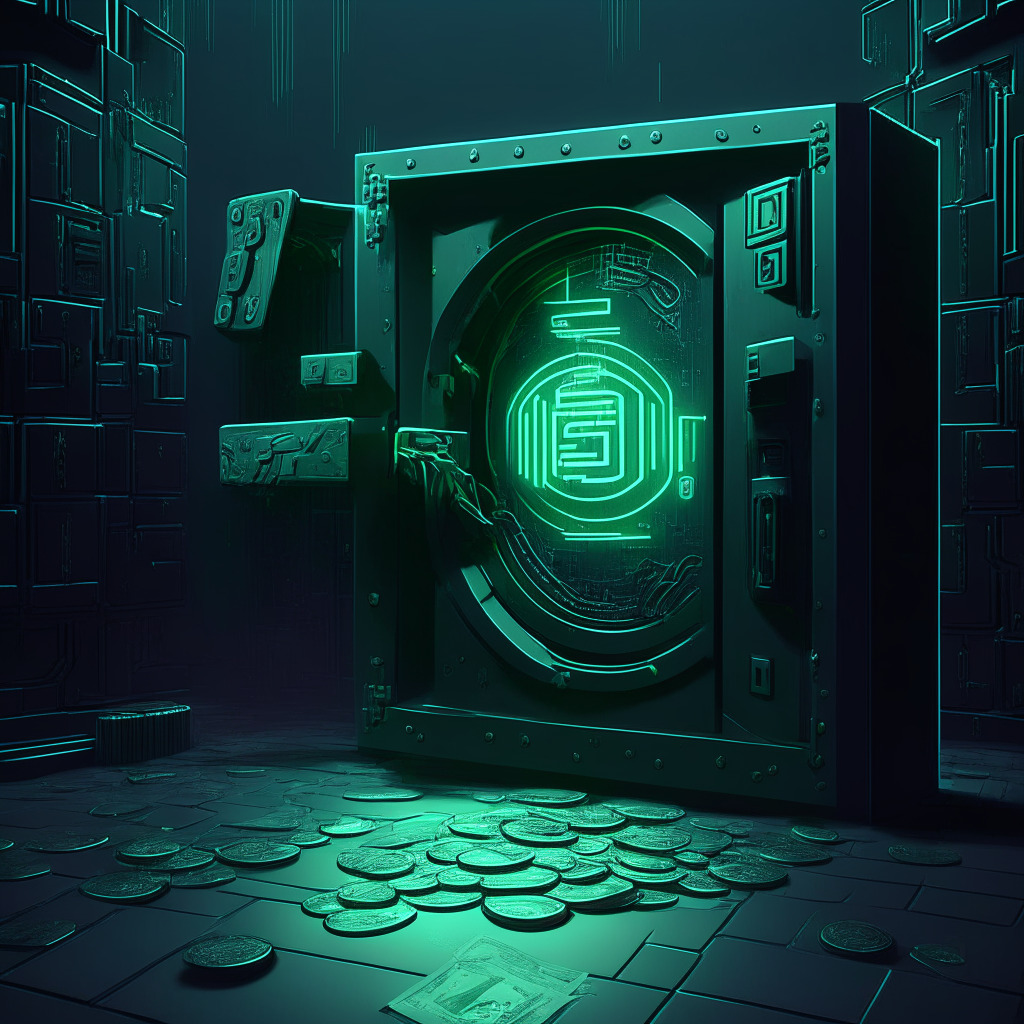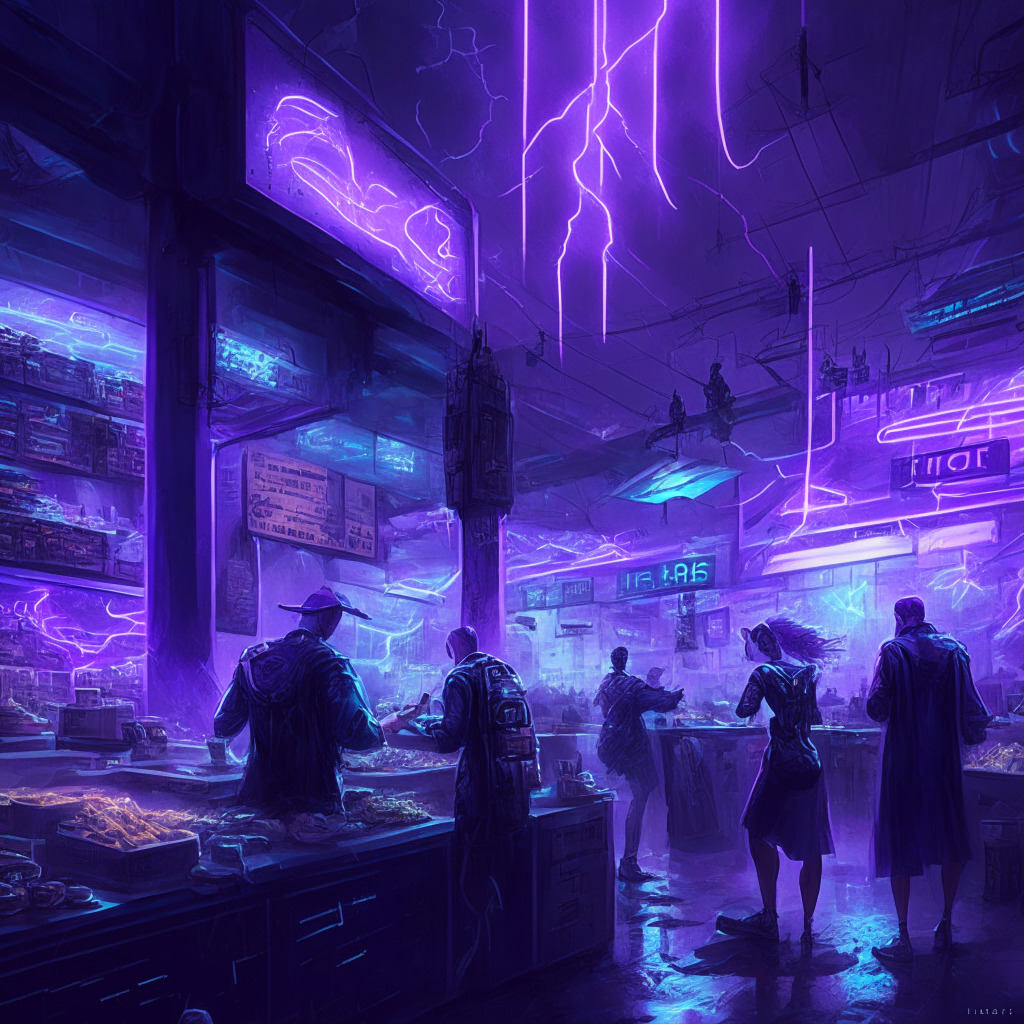The web-based game Gods Unchained recently introduced a ‘Sealed Mode’ replicating the structure of traditional paper card games. This innovation seeks to challenge seasoned gamers and level the playing field by rewarding skills rather than the size or cost of card collections. “Sealed deck” style tournaments have been commonplace in the world of physical collectible card games but are relatively novel in the realm of digital card games.
Players hoping to participate in Sealed Mode must provide a small entry fee of 15 Gods Unchained ($GODS) tokens (equivalent to roughly $2.65). Once the fee is paid, participants receive three random gods and 60 random cards chosen from multiple Gods Unchained card sets for constructing their decks. This random selection, however, ensures a minimum quota of certain types of cards to successfully create a playable deck.
The players’ task within this competition is to build a 30-card deck from the given pool of cards, exclusively using the provided cards and potentially playing until they either lose three matches or win seven. Those with victoriously outstanding records stand to receive more impressive rewards compared to participants less successful at the tournament’s end. Interestingly, certain cosmetic rewards are reserved solely for Sealed Mode and can be acquired by competitors who secure a minimum of four wins.
The ‘Sealed Mode’ in Gods Unchained bears a marked resemblance to ‘sealed deck’ or ‘draft’ tournaments standard in card games such as Yu-Gi-Oh!, Pokemon, and Magic: The Gathering. Furthermore, this unique approach is a trailblazer in the sphere of digital card games most of which deny players true ownership of their cards. In contrast to its counterparts, Gods Unchained represents every card as a nonfungible token stored on the Immutable X network, a layer-2 of Ethereum.
In summary, the introduction of the ‘Sealed Mode’ in Gods Unchained not only heralds a callback to traditional gaming methods but also advocates for more democratized play, ensuring a fair chance for all participants. It stands as a testament to the ongoing union and convergences of conventional gaming and cutting-edge blockchain technology, fostering innovation in an increasingly digital sphere. Even though players relish the nostalgia of traditional card games, the future arguably lies in digitized formats. However, only continued iterations and adaptations will determine whether this digital transition resonates with the wider gaming community.
Source: Cointelegraph




